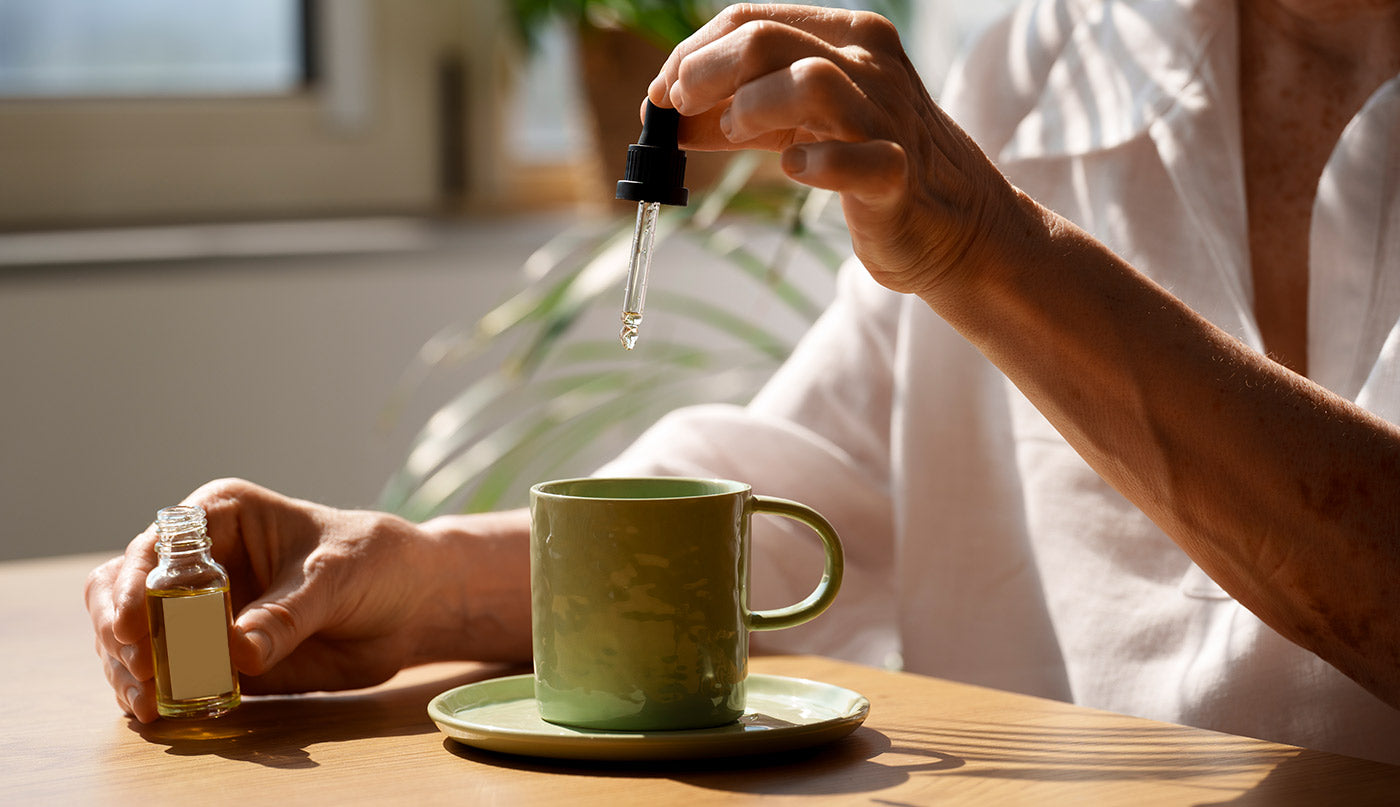
Rheumatoid Arthritis: What Every Patient Needs to Know
Rheumatoid arthritis (RA) is a chronic autoimmune condition that primarily affects the joints, leading to pain, swelling, and potential joint damage over time. Unlike osteoarthritis, which is caused by wear and tear, RA results from the immune system mistakenly attacking the body's tissues, particularly the lining of the joints.
Rheumatoid arthritis can affect any joint but is commonly seen in the hands, wrists, and knees. It can also affect other systems in the body, such as the skin, eyes, lungs, and cardiovascular system, making it a systemic condition.
Symptoms of Rheumatoid Arthritis
Rheumatoid arthritis symptoms vary from person to person, but common symptoms include:
- Joint Pain and Stiffness: Rheumatoid arthritis often starts in small joints (fingers and toes), with joint pain, swelling, and stiffness, especially in the morning or after inactivity.
- Fatigue: Many people with Rheumatoid arthritis experience persistent fatigue, often related to chronic inflammation.
- Swelling and Redness: Inflammation around the joints can lead to visible swelling and redness, particularly in affected areas.
- Reduced Range of Motion: As the disease progresses, joint damage can limit range of motion and cause discomfort with movement.
- Fever and Malaise: Mild fevers and a general feeling of being unwell can accompany Rheumatoid arthritis, particularly during flare-ups.
Rheumatoid arthritis symptoms often come and go in phases. 'Flares' are periods when symptoms are active and more intense, while "remissions" are periods of minimal to no symptoms.
Causes and Risk Factors
The exact cause of Rheumatoid arthritis is unknown, but a combination of genetic, environmental, and hormonal factors is believed to contribute to its development.
Factors that increase the risk of Rheumatoid arthritis include:
- Genetics: Certain genes are associated with increased susceptibility to rheumatoid arthritis, particularly in people with a family history of autoimmune diseases.
- Environmental Triggers: Factors like smoking, certain infections, and exposure to toxins may increase the risk of developing rheumatoid arthritisor triggering flare-ups.
- Hormonal Influence: Rheumatoid arthritis is more common in women, suggesting that hormonal factors may play a role.
- Age: Although rheumatoid arthritis can occur at any age, it is more commonly diagnosed in people aged 30-60.
Conventional Treatment Options for Rheumatoid Arthritis
Treatment for rheumatoid arthritis generally focuses on managing symptoms, slowing disease progression, and preventing joint damage.
Key treatments include:
- Medications: Common medications include nonsteroidal anti-inflammatory drugs (NSAIDs) for pain, corticosteroids for reducing inflammation, and disease-modifying antirheumatic drugs (DMARDs) to slow disease progression. Biological drugs, which target specific parts of the immune system, may also be prescribed.
- Physical Therapy: Physical therapy and occupational therapy can help improve joint flexibility and provide exercises tailored to maintain function and range of motion.
- Surgery: In severe cases, joint replacement surgery may be considered if joints are severely damaged and mobility is significantly reduced.
Holistic Treatments for Rheumatoid Arthritis Symptoms
Holistic treatments can be effective in managing rheumatoid arthritis symptoms and enhancing the benefits of conventional treatments. Here are some holistic methods that may help relieve pain, reduce inflammation, and improve overall quality of life:
1. Anti-Inflammatory Diet
An anti-inflammatory diet is essential for managing rheumatoid arthritis symptoms. Foods rich in omega-3 fatty acids, such as salmon, flaxseeds, and walnuts, can help reduce inflammation. Additionally, a diet high in antioxidants from fruits, vegetables, and whole grains may protect cells from damage.
- Turmeric and Ginger: Both of these spices have anti-inflammatory properties and may be beneficial for reducing joint pain. Turmeric contains curcumin, which has been shown to reduce inflammation.
- Avoiding Processed Foods: Sugary and processed foods can increase inflammation and should be limited.
2. Herbal Supplements
Certain herbal supplements have been studied for their anti-inflammatory effects:
- Boswellia (Frankincense): Known for its anti-inflammatory benefits, Boswellia may help reduce joint pain in people with rheumatoid arthritis.
- Evening Primrose Oil: Rich in gamma-linolenic acid (GLA), evening primrose oil has been found to reduce morning stiffness and joint pain in some people with rheumatoid arthritis.
3. Mindfulness and Stress Reduction
Chronic stress can trigger or worsen rheumatoid arthritis symptoms, making stress management an important aspect of holistic treatment. Techniques like meditation, deep breathing, and progressive muscle relaxation can help reduce stress and promote relaxation.
- Yoga and Tai Chi: These practices improve flexibility, strength, and relaxation, helping to reduce joint stiffness and pain.
- Mindfulness Meditation: Mindfulness practices may help reduce stress, improve mood, and decrease the perception of pain.
4. Physical Activity
Gentle exercise is beneficial for maintaining joint mobility and reducing stiffness. Low-impact activities like walking, swimming, and cycling are ideal for people with RA. Regular exercise strengthens the muscles around the joints, providing better support and reducing strain.
- Stretching and Range of Motion Exercises: These exercises help keep joints flexible and prevent stiffness.
- Strength Training: Building muscle strength around affected joints can improve stability and function.
5. Acupuncture
Acupuncture has been used in traditional Chinese medicine to manage pain, and some studies suggest it may help reduce rheumatoid arthritis pain and improve function. Acupuncture is thought to stimulate blood flow and release natural pain-relieving chemicals in the body, providing relief for joint pain and inflammation.
Self-Care Tips for Managing RA Symptoms
Living with rheumatoid arthritis requires a commitment to self-care practices that support joint health and overall well-being. Here are some daily habits that can help manage RA:
- Get Plenty of Rest: Allow time for rest during flares, as fatigue is a common symptom.
- Apply Heat or Cold Therapy: Heat can help relax muscles and increase blood flow, while cold therapy can reduce swelling and numb painful areas.
- Use Joint Protection Techniques: Avoid putting excessive pressure on joints by using supportive tools and modifying activities as needed.
Summary
Rheumatoid arthritis is a challenging condition, but with the right combination of conventional and holistic treatments, many people are able to manage symptoms effectively. At our clinic, we provide a comprehensive approach to RA management that includes medical treatments alongside holistic support, helping our patients find relief from pain, reduce inflammation, and improve quality of life.
Whether you’re newly diagnosed or looking to enhance your current treatment plan, understanding all your options and working closely with healthcare providers can help you live well with RA. Always consult with healthcare professionals before starting any new treatments, including supplements or alternative therapies, to ensure they’re safe and effective for your individual needs.

